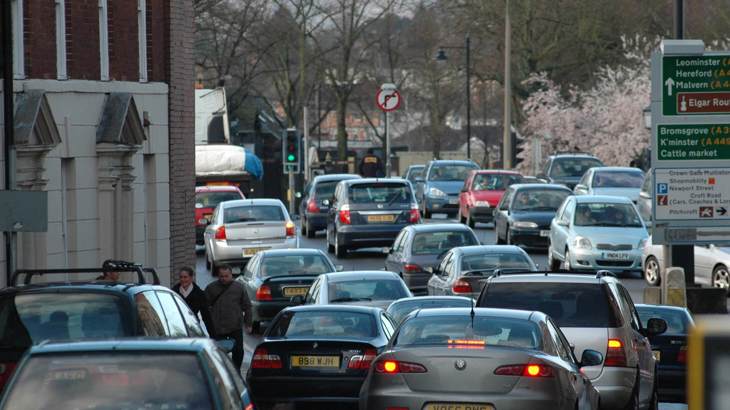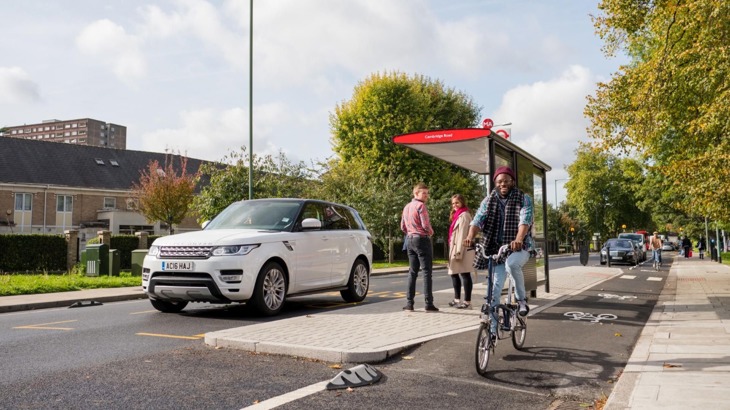We’ve become car blind
We are an obese nation and we’re getting fatter. Our children are likely to have a lower life expectancy than us because of poor health related to physical inactivity.
About 10% of the NHS budget for England and Wales is spent on diabetes – that’s £1.5m an hour. Nearly all of that money is spent on treating the complications of type 2 diabetes, from amputations to kidney failure, heart disease and stroke. This is literally the elephant in the room - £25,000 every minute on type 2 diabetes, an entirely preventable disease caused by obesity [1].
We’re blind to the damage cars cause to us and our environment. In 2018 (the latest year full statistics are available), more than 160,000 people were killed or injured in reported road accidents on UK roads. Although this is 6% lower than in 2017, it is still a huge number. Of those, nearly 25,511 people were seriously injured – these people had life-changing injuries and relied on the NHS to pick up the pieces – and 1,784 were killed [2].
Yet, if we look at our rail network, the last passenger fatality was in 2006 at Grayrigg in Cumbria. There was widespread media coverage. There was an inquiry. We’ve managed to engineer out passenger fatalities on the rail network by managing risk appropriately. Imagine if were to take the same approach to road-based transport.
Across the UK, we currently have five equivalents of Grayrigg every day on our roads and most of these don’t make the papers or the evening news. It’s because we’re car blind.



